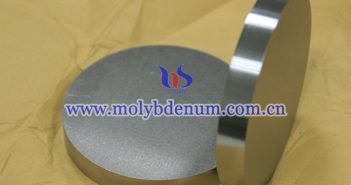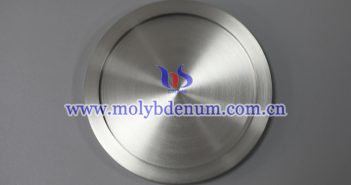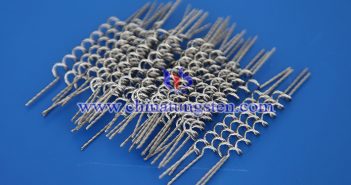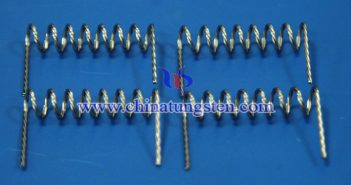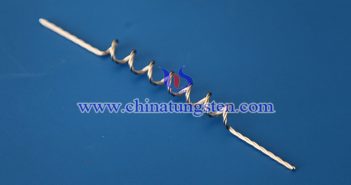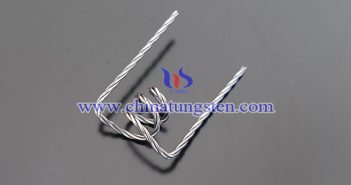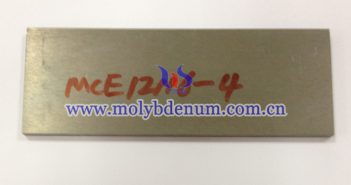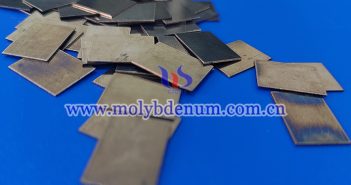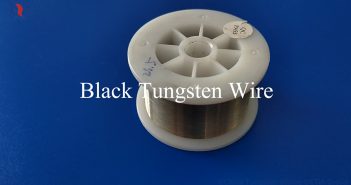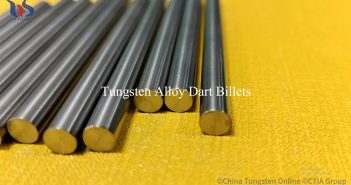
Tungsten alloy dart billets are produced using a powder metallurgy process, combining materials such as tungsten, nickel, iron, and copper. These dart billets are known for their advantages such as high density, corrosion resistance, moderate hardness, and excellent wear resistance. As a result, darts made with tungsten alloy billets are more compact, experience less air resistance, and are easier to control, improving accuracy and increasing the likelihood of hitting the target area. Due to their outstanding physical and chemical properties,…

